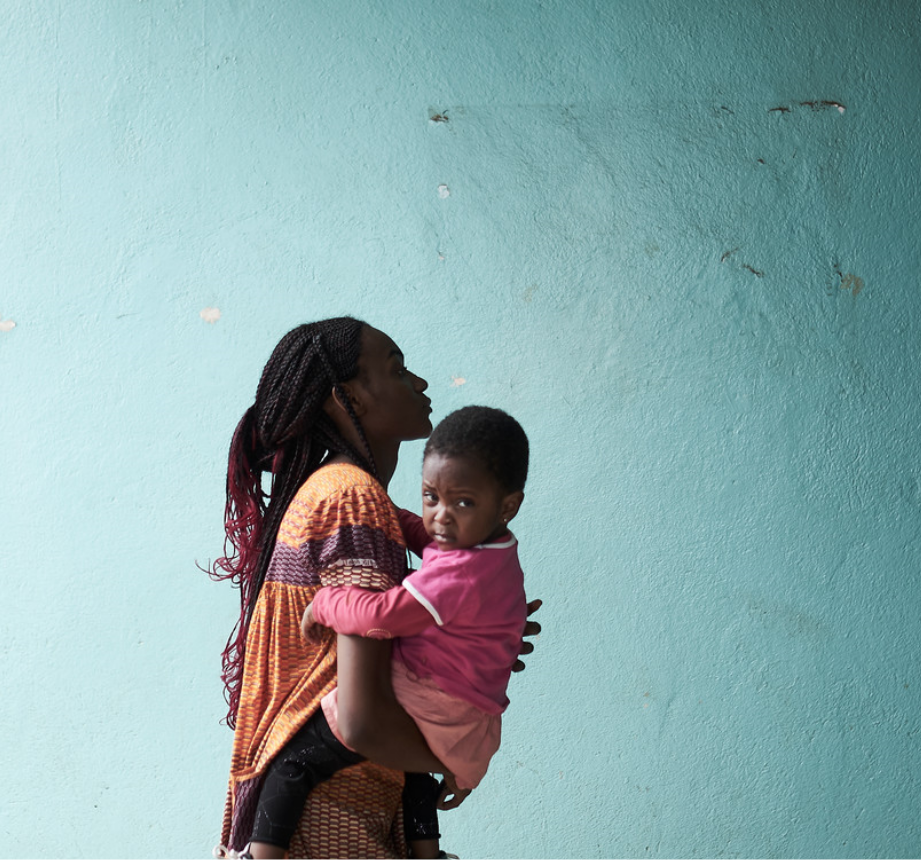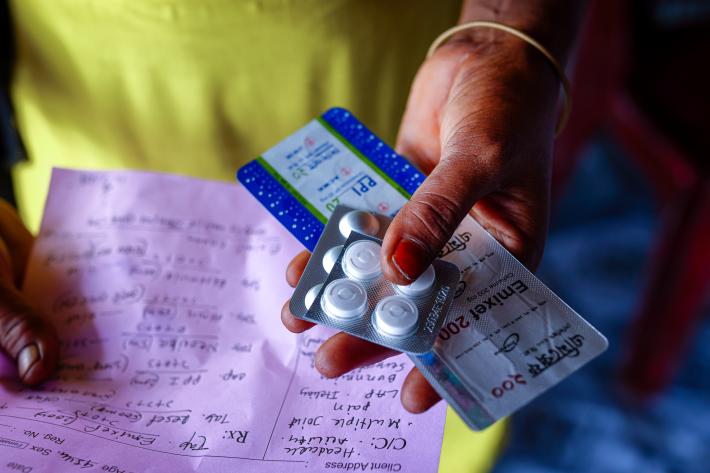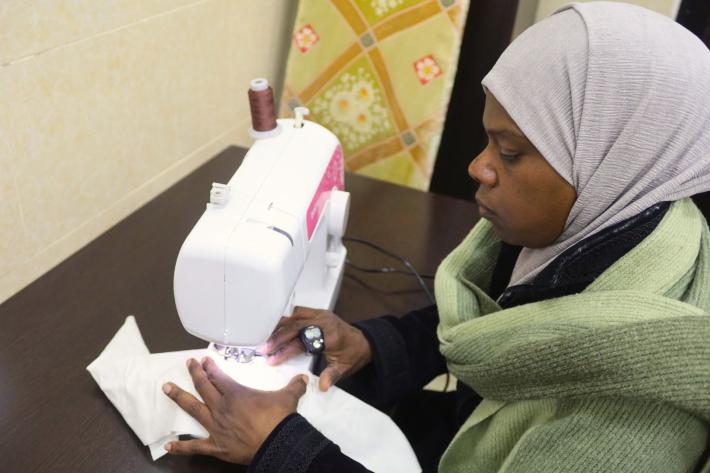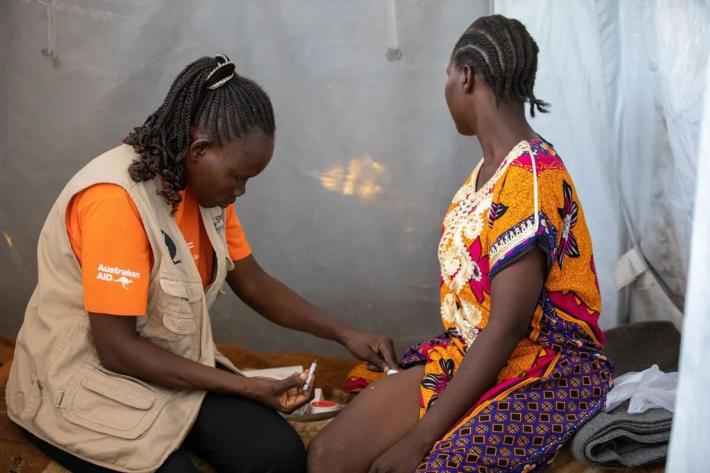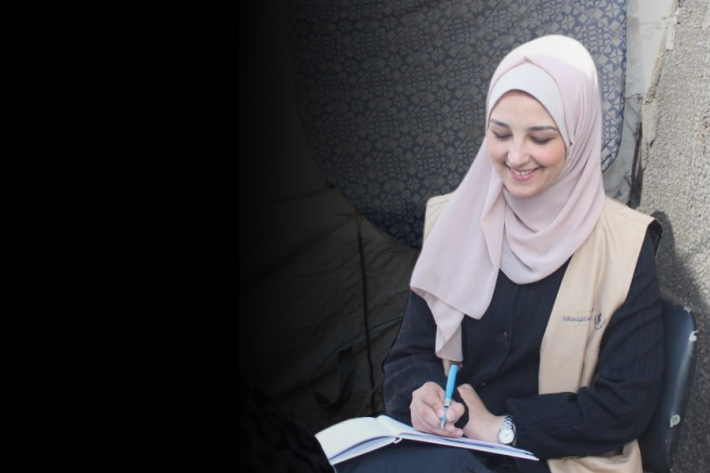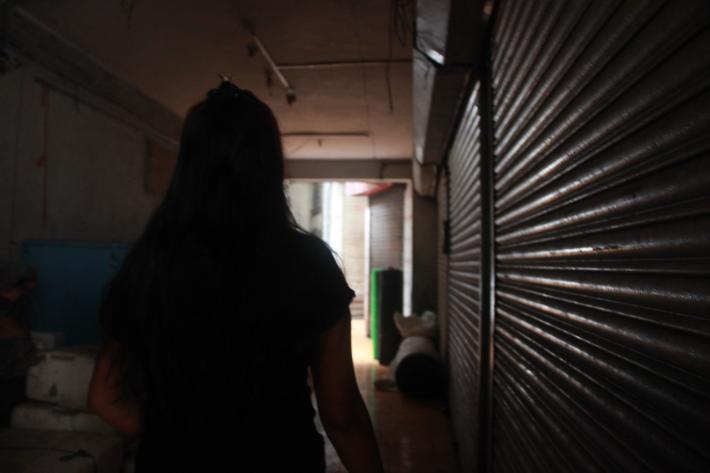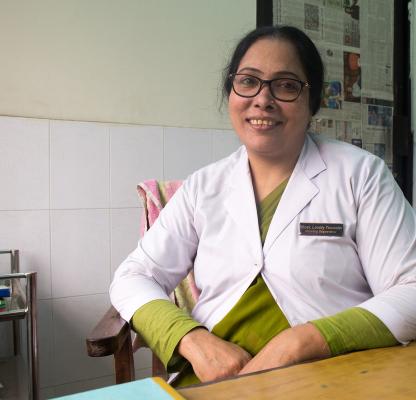
Latest Blogs
A selection of blogs from across the Federation
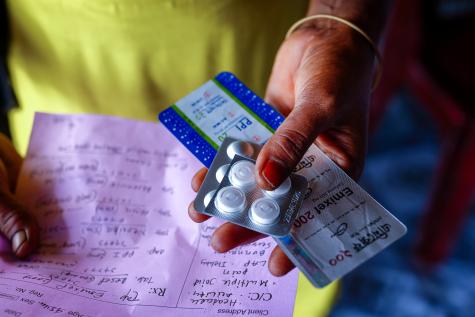
Blog
Self-care within sexual and reproductive health; a collective and supportive act of resistance
‘Can I just take the abortion pills along and have it in my home?’ Asked young Meera
20 June 2018
IPPF are working with local organisations in Bangladesh to help meet the sexual and reproductive healthcare needs of the Rohingya.
08 February 2018
In Bangladesh menstrual regulation, the method of establishing non-pregnancy for a woman at risk of unintended pregnancy, has been a part of the country’s family planning program since 1979 and is allowed up to 10–12 weeks after a woman’s last menstrual period.
